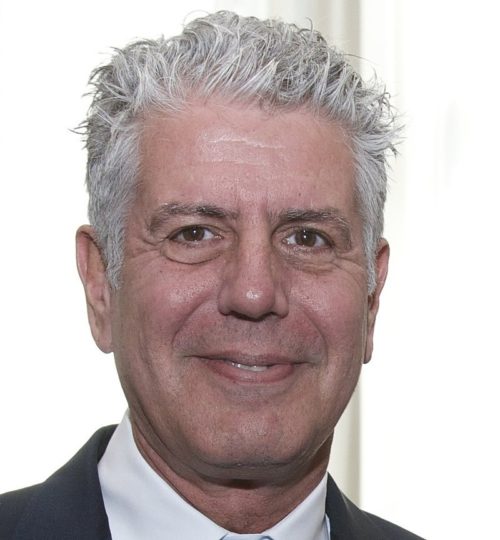The world is mourning the tragic suicide of Anthony Bourdain today, and in addition to the beautiful tributes to his life and condolences to his family, there are a couple things to remember as Christians.
First, the Church needs to do a better job of recognizing suicidal tendencies before they become suicide, and not simply being reactive. Mental illness in the church is as common as outside, and suicide is no respecter of religion.
32% of those in the church say they have had a family member or close friend commit suicide.
Second, when we do react, we need to react appropriately. This is not an unforgivable thing, as we’ve been taught for centuries. Hal Hsu wrote, “Neither life nor death, nor suicide, can separate us from the love of God.”
Yes, suicide is a selfish act, yet it’s borne from a mix of desperation, hopelessness, and often, mental illness stemming from a diseased brain. No one on the outside can truly understand. It is a tragedy; not the pursuit of pleasure that so often guides selfish decisions. So let’s toss aside that judgment about “selfishness.”
One of my favorite book titles is How I stayed alive when my brain was trying to kill me: One person’s guide to suicide prevention.
That term: “My brain is trying to kill me” is perfect. We get caught up in the idea that we’re our own worst enemy when it comes to suicide, when in reality our brain usually is.
Peter Kramer famously said: “Suicide is what the death certificate says when one dies of depression.”
Charles Spurgeon himself struggled with suicidal thoughts: “I could readily enough have laid violent hands upon myself, to escape from my misery of spirit.”
Yet he didn’t take the shortcut to heaven, instead he finished his race. Suicide is selfish, yes, but it is also hardly borne from the same mindset that leads a man to cheat on his wife.
In fact, The Gospel Coalition recently ran a piece, “Why Pastors are committing suicide,” and there’s nothing in there about how selfish and godless the pulpit is becoming.
Further, when someone is psychotic, how much culpability do they really have?
The last thing that comes to mind is an entry from A. W. Tozer’s Knowledge of the Holy (quoted in Faith that Matters), which is full of futility, and ultimately, beauty that God transcends however depressing our sojourn on earth.
Tozer:
“Life is a short and fevered rehearsal for a concert we cannot stay to give. Just when we appear to have attained some proficiency we are forced to lay our instruments down.
How completely satisfying to turn from our limitations to a God who has none.
Eternal years lie in his heart. For him, time does not pass, it remains; and those who are in Christ share with him all the riches of limitless time and endless years.
….the foe of the old human race becomes the friend of the new.”

